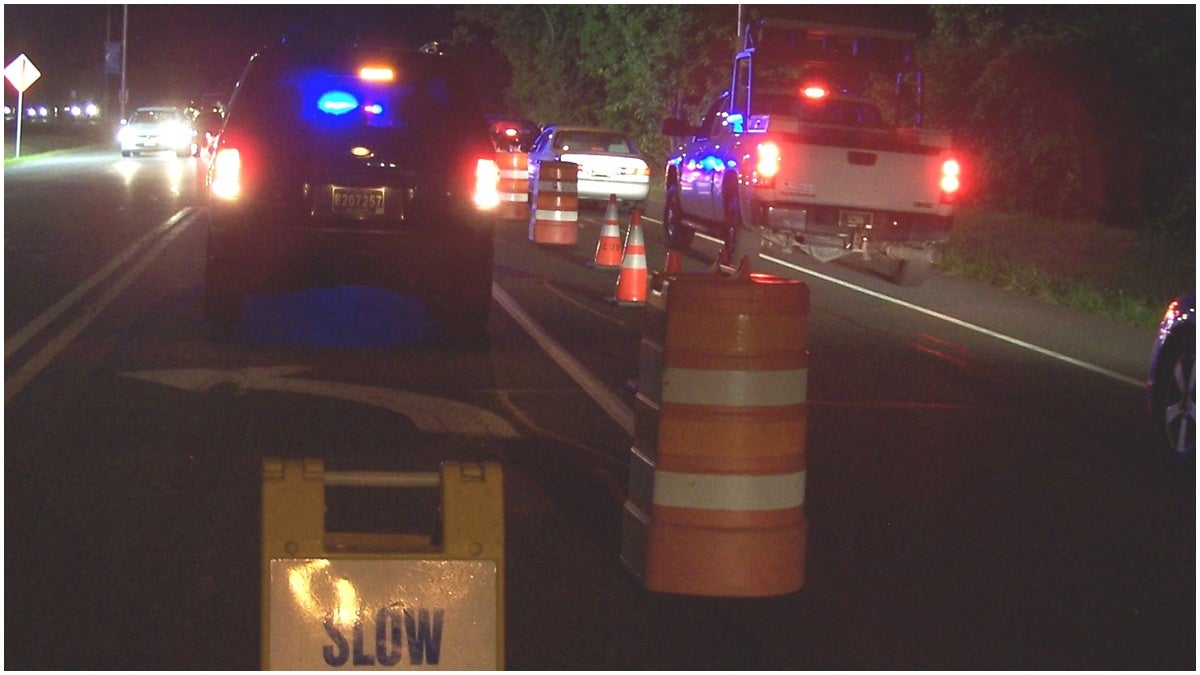Delaware lawmakers seek to strengthen DUI laws

Courtesy of Delaware Office of Highway Safety
Delaware could soon join 22 other states that compel convicted drunk drivers to use an ignition interlock device .
The devices, which tests breath for traces of alcohol, could be in vehicles once Gov. Jack Markell signs House Bill 212
Currently, the state currently requires all repeat offenders to install the ignition interlock device in their vehicles. First-time offenders are only required to do so when they’re arrested with a blood-alcohol concentration of 0.15 or higher.
However, as first-time offenders now account for approximately 70 percent of D.U.I arrests in Delaware, according to the Delaware Office of Highway Safety, legislators and advocates are seeing clear benefits to the toughened laws.
“Ignition interlock provides that level of protection to everybody else, that if you’ve been a drunk driver, you won’t be a drunk driver again,” said Jim Lardear of AAA Mid-Atlantic.
To date, state officials have recorded 65 fatalities, of which 26 percent were alcohol-related. Given the prevalence of these alcohol-related vehicular maladies, the message inherent in House Bill 212 is that state officials won’t wait for drunk drivers to become repeat offenders.
While some may speculate that younger drivers are the common culprits, arrest statistics suggest otherwise.
“Surprisingly enough, the highest group of people of individuals arrested for a D.U.I are between the ages of 35 and 44, so we’re not looking at a really young population, we’re looking at our experienced drivers,” said Alison Kirk of OHS.
Pennsylvania-based Block Communications already installs ignition interlocks in Delaware for repeat offenders, as well as for those who refuse to take a chemical test. The device includes multiple safety features to prevent sabotage.
First-time offenders will be required to drive around with the device for a minimum of four months. Once the bill is signed, it will cost the state $250,000 dollars to run the program for the first year.
“Probably one of the most important things about this legislation, the ignition interlock still allows people to drive for work or family related, it just takes away the problem of them of being a drunk driver and being a danger,” Lardear said.
Tune into WHYY First for a full story on House Bill 212 tonight at 5:30 pm and 11p.m.
WHYY is your source for fact-based, in-depth journalism and information. As a nonprofit organization, we rely on financial support from readers like you. Please give today.




